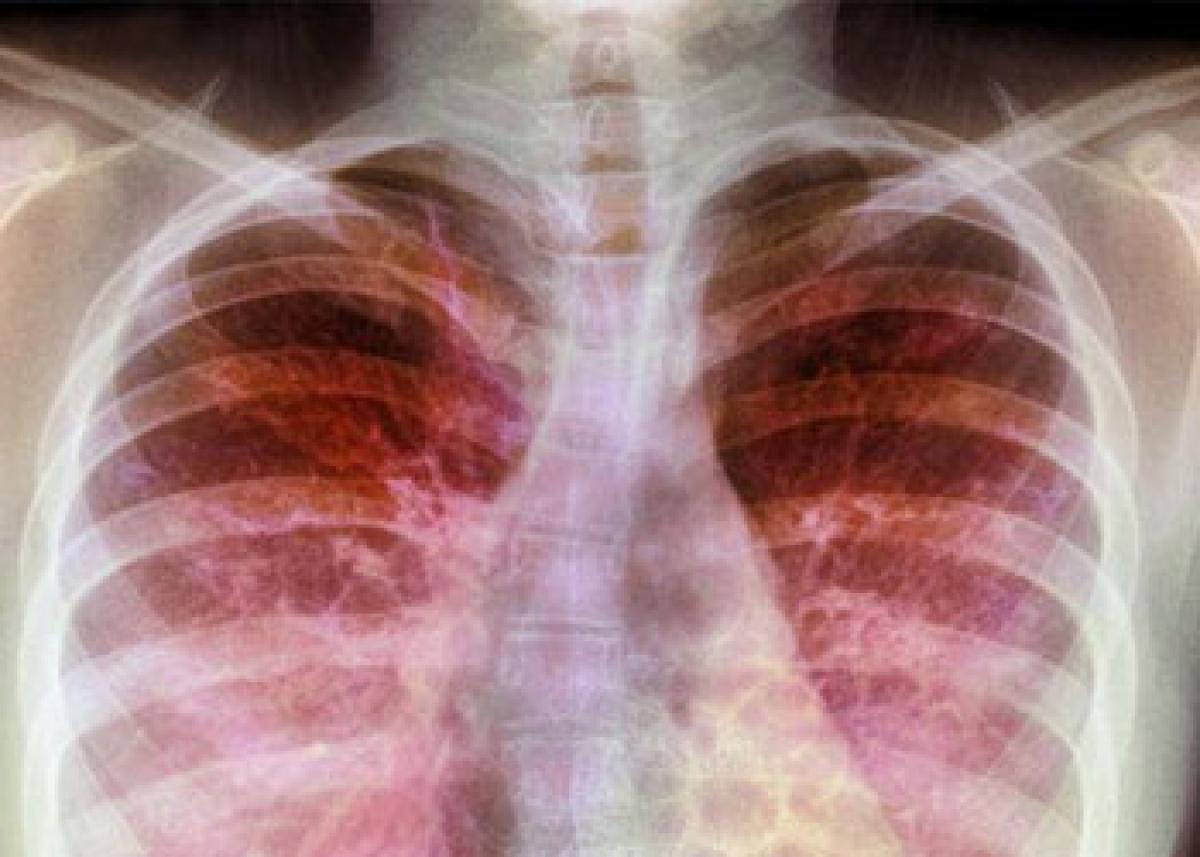Live
- Kejriwal and Atishi will bite the dust, BJP will win all constituencies: Virendra Sachdeva
- Garena Free Fire MAX Redeem Codes for January 4, 2025: Claim Free Rewards Today!
- Heavy snow hits mountainous areas along Sea of Japan coast
- India committed to taking the lead in AI, creating opportunities for youth: PM Modi
- Arrangements in place for sarvadarshans during Vaikuntha dwara darshans
- As part of the Road Safety Month, fines should be imposed on those who do not follow traffic rules along with awareness programs District Collector Adarsh Surabhi
- Everyone should know traffic rules
- What You Need to Know About Real Estate Bank Auctions
- Parental consent required for social media accounts of minors: Draft rules
- RG Kar case: Recording of witnesses’ statements over, final arguments to start from today









